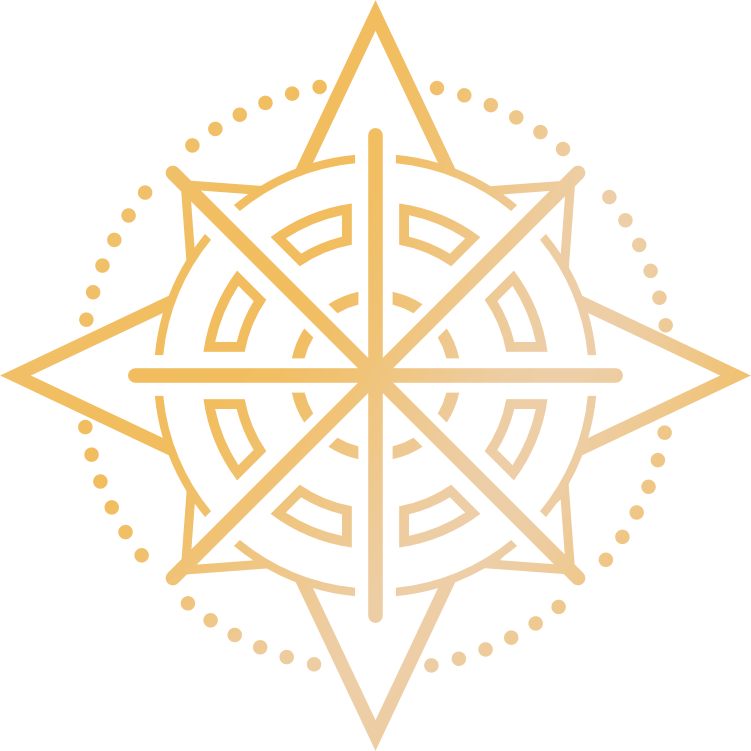Four of Cups
The Four of Cups is a card that often appears when we find ourselves at a crossroads, emotionally and mentally. In the classic Rider-Waite imagery, a figure sits under a tree, arms crossed, gazing at three cups before them. A mysterious hand emerges from a cloud, offering a fourth cup. It’s a scene that speaks of contemplation, hesitation, and sometimes a sense of apathy or emotional withdrawal.
Core Meaning of the Four of Cups
At its heart, the Four of Cups represents moments when life feels stagnant, when nothing seems to spark joy or interest. You might feel disconnected from what’s happening around you, or find it hard to appreciate what you have. The card invites us to pause and reflect on our emotional state, to notice if we’re missing out on new opportunities because we’re too focused on what’s lacking or what didn’t work out before.
“Sometimes, what you’re looking for comes when you’re not looking at all.”
Upright Four of Cups: Meanings and Reflections
In the upright position, the Four of Cups suggests a time of introspection, perhaps even withdrawal. You may feel bored or dissatisfied, as if nothing is quite right. The world may offer you new experiences, relationships, or ideas, but you might be too caught up in your current mindset to notice.
- Emotional withdrawal: Taking a break from social interactions or responsibilities to process your feelings.
- Apathy or boredom: Feeling uninspired or disconnected from your usual passions.
- Ignoring opportunities: Not seeing the possibilities that life is presenting to you, often because you’re preoccupied with the past or with what went wrong.
- Reflection and reassessment: A chance to reconsider what truly matters to you before moving forward.
Modern Life Applications (Upright)
In today’s fast-paced world, the Four of Cups can show up when we’re overwhelmed by choices or emotionally exhausted. It’s common to feel detached or numbed — whether from work stress, relationship fatigue, or digital overload. This card gently encourages you to check in with yourself and ask what you really need right now.
Psychological insight: Is your mind replaying past disappointments? Are you afraid to open up to new experiences for fear of being let down again? The Four of Cups suggests that it’s okay to take a step back, but don’t let this pause turn into permanent disengagement.
Reversed Four of Cups: Meanings and Reflections
When reversed, the Four of Cups offers a shift in perspective. You might be ready to let go of your emotional stagnation, open up to new ideas, or notice the opportunities you once ignored. The clouds are parting, and you’re more willing to see what’s being offered.
- Renewed interest: Finding energy and excitement again after a period of withdrawal.
- Openness to change: Letting go of stubbornness or emotional blocks that kept you stuck.
- Seizing opportunities: Becoming more receptive to relationships, projects, or experiences you previously dismissed.
- Healing from apathy: Allowing yourself to feel again, even if it’s uncomfortable at first.
Modern Life Applications (Reversed)
The reversed Four of Cups is a gentle nudge to re-engage with the world. Maybe you’ve been on autopilot, but now you’re noticing small things that bring you joy. Perhaps you’re reaching out to reconnect with friends or exploring a new hobby. This card supports you in moving from isolation to connection, from indifference to curiosity.
Psychological insight: Healing often begins with the willingness to see things differently. If you’ve been feeling stuck, allow yourself to be surprised by what life has to offer — even if it’s not what you expected.
Using the Four of Cups for Self-Development and Emotional Growth
Beyond fortune-telling, the Four of Cups is a powerful tool for self-awareness. It encourages us to be honest about what’s making us feel disconnected. Are we avoiding hard feelings? Are we stuck in the past? The card’s message is not to force excitement or gratitude, but to gently notice where we are and consider what small shifts might help.
Practical Steps and Exercises
-
Mindful Observation:
- Take five minutes to sit quietly and notice your emotions.
- Are you feeling numb, bored, or uninterested? Don’t judge yourself — just observe.
-
Gratitude Journaling:
- Write down three things you’re grateful for, even if they’re small.
- If gratitude feels hard, write down what you wish you could feel grateful for.
-
Reframe Opportunities:
- List any invitations, ideas, or possibilities you’ve recently ignored.
- Ask yourself: What would happen if I gave one of these a chance?
-
Connect with Others:
- Reach out to someone you trust and share how you’re feeling.
- Sometimes, simply being heard can reignite a sense of connection.
-
Set a Small Intention:
- Choose one gentle action to take today — a walk, a new book, a message to a friend.
- Notice how it feels to do something different, however small.
Therapeutic Perspective
The Four of Cups reminds us: “It’s okay to pause, but don’t let the pause become a permanent stop.”
When we’re feeling low or disconnected, it can help to work with a counselor or therapist. Exploring the roots of emotional numbness or disengagement can reveal unmet needs, old wounds, or simply the need for rest. The Four of Cups isn’t asking you to “snap out of it,” but to honor your feelings and gently explore what’s next.
Bringing It All Together
The Four of Cups is not a card of judgment, but of gentle awareness. It asks us to notice when we’re tuning out, and to consider what might help us tune back in. Whether upright or reversed, its message is about finding balance between reflection and engagement, between rest and renewal.
Remember: Emotional lows are a normal part of life. What matters is how we respond — with curiosity, compassion, and the willingness to try again, even when it’s hard.
“Tarot is not fortune-telling — it’s a mirror for reflection and growth.”
